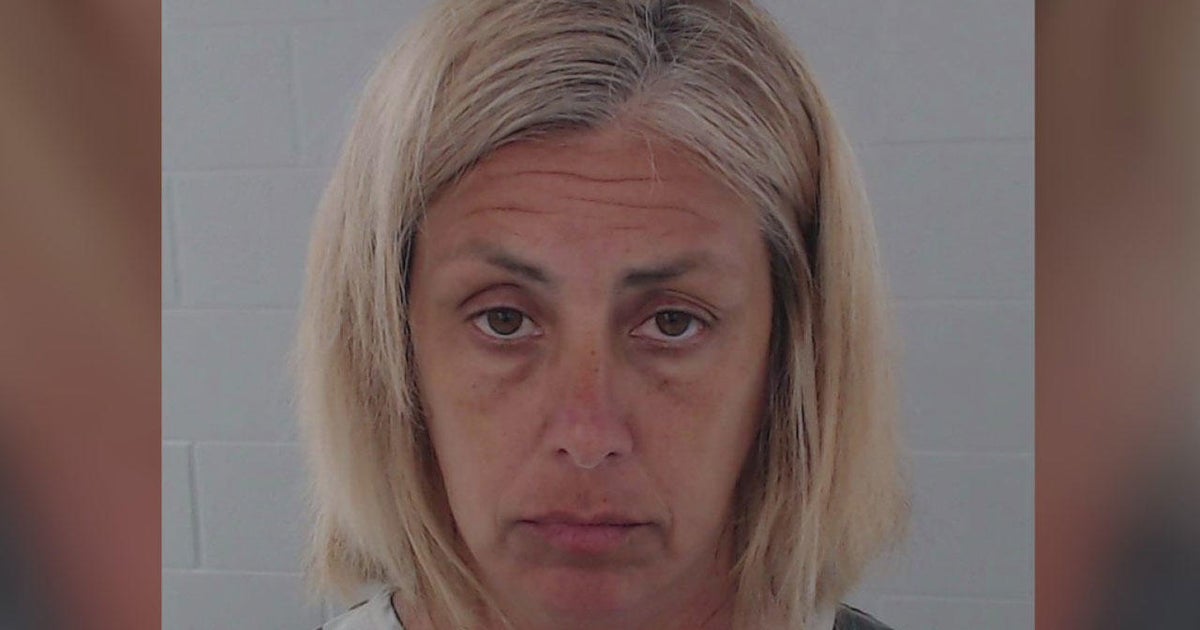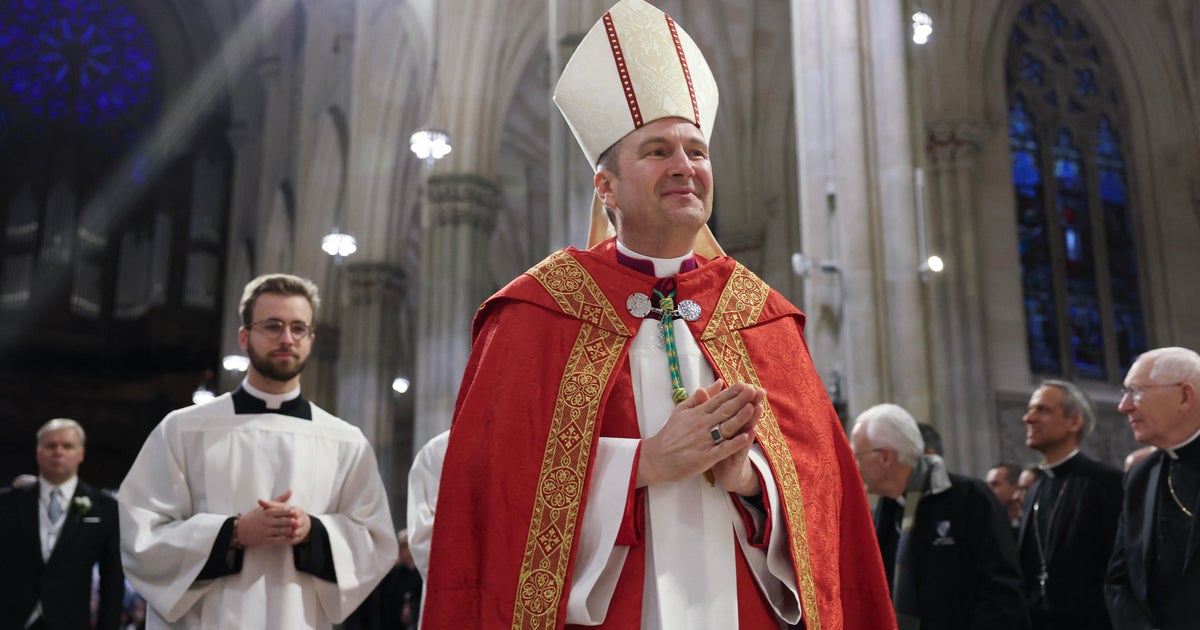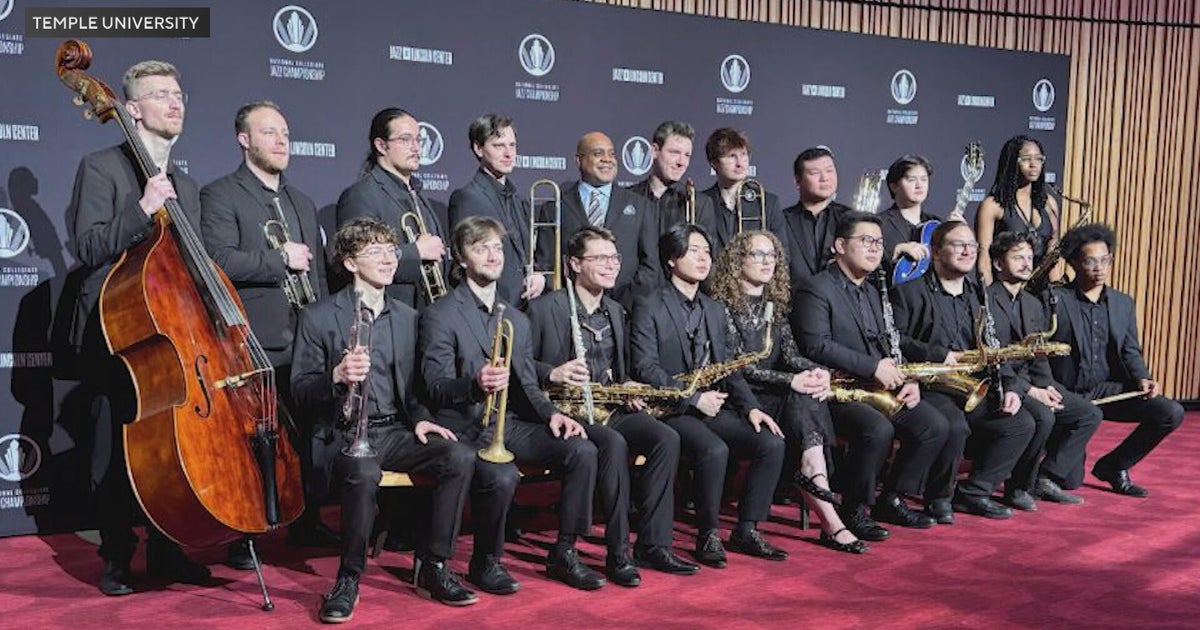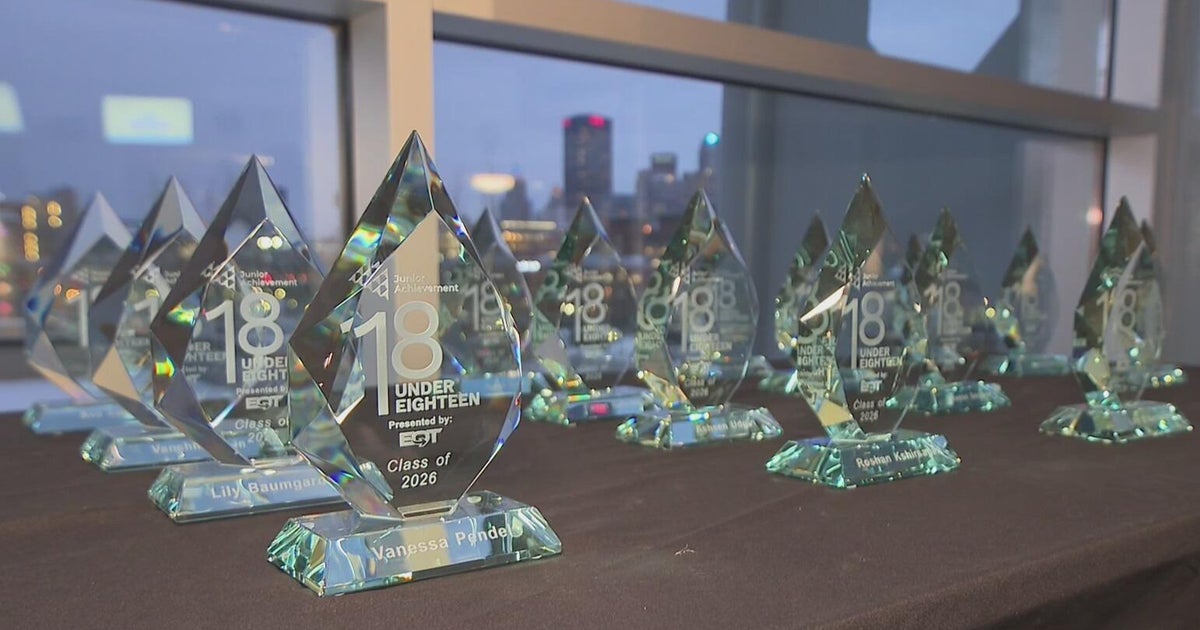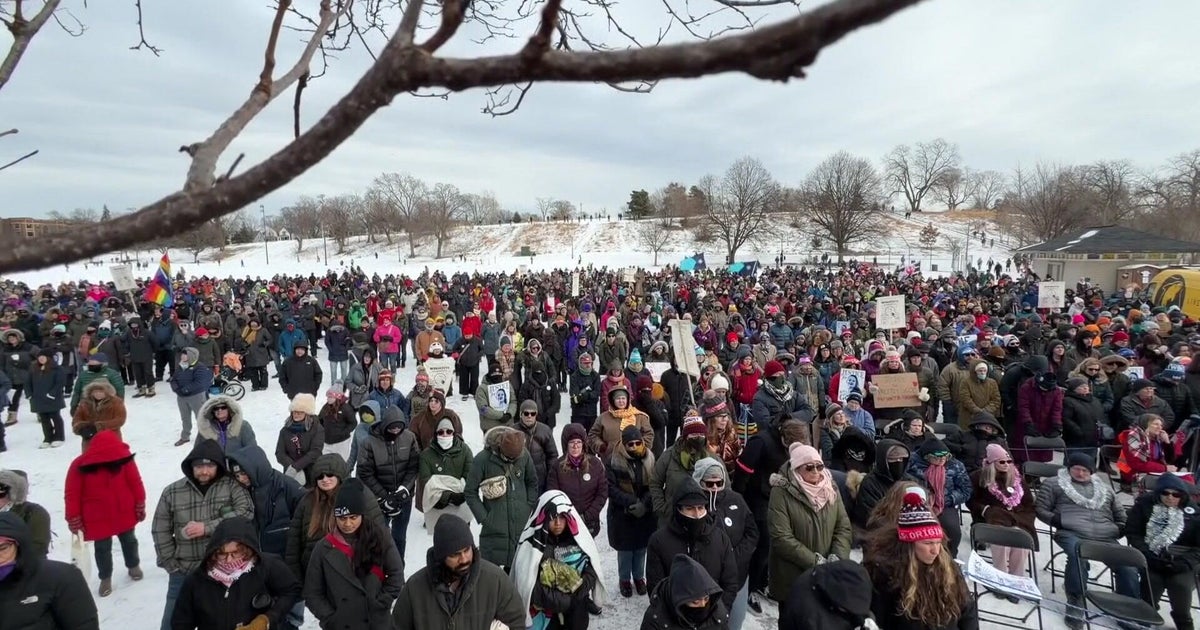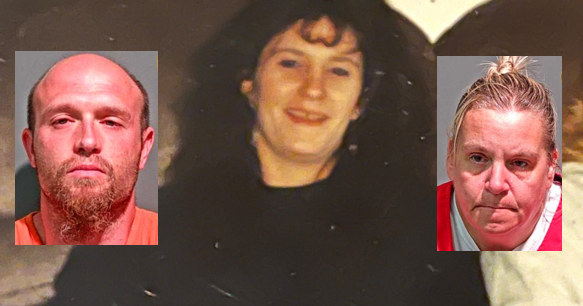'60 Minutes' Correspondent Morley Safer Dead At 84
NEW YORK (CBSNewYork) -- Legendary "60 Minutes" correspondent Morley Safer, who chased stories all across the globe over his 61-year television career, has died at age 84.
Safer, who was in declining health, died Thursday in his Manhattan home. His death comes just days after he formally retired after 46 seasons with the program.
WATCH: Morley Safer: A Reporter's Life
"It's been a wonderful run, and I want to thank the millions of people who have been loyal to our @60Minutes broadcast. Thank you!" Safer wrote Sunday, in what would become his final tweet.
Safer is among the household names – along with the late Mike Wallace, Harry Reasoner, Ed Bradley, Bob Simon, and Andy Rooney, as well as Steve Kroft, Lesley Stahl and several others – who made "60 Minutes" a nationally celebrated treasure.
"Morley was one of the most important journalists in any medium, ever," stated CBS Chairman and CEO, Leslie Moonves. "He broke ground in war reporting and made a name that will forever be synonymous with '60 Minutes.' He was also a gentleman, a scholar, a great raconteur -- all of those things and much more to generations of colleagues, his legion of friends, and his family, to whom all of us at CBS offer our sincerest condolences over the loss of one of CBS' and journalism's greatest treasures."
PHOTOS: Remembering Morley Safer
Safer was born in Toronto, Canada, and covered major stories around the world for the Canadian Broadcasting Corporation before he joined CBS News in April 1964. He began his CBS News career as a correspondent in the London bureau, and opened the CBS News Saigon Bureau in 1965.
Safer became CBS News' London bureau chief in 1967, covering Europe, Africa and the Middle East and returning to Vietnam to cover the war.
He joined as a regular correspondent for "60 Minutes" in 1970, with a story about the training of U.S. Sky Marshals. His last 919th and last "60 Minutes" report – a profile of Danish architect Bjarke Ingels – aired in March.
Among the highlights of Safer's "60 Minutes" career are classics such as"The French Paradox," (1991) which explored the health benefits of red wine; "Yes, But Is It Art?" (1993), which enraged the contemporary art world in questioning why vacuum cleaners, urinals and other household items were being sold as high-priced art; and a hard-hitting 2011 interview where he asked Ruth Madoff what she knew about her husband Bernard's Ponzi scheme.
And when citing the finest hour for "60 Minutes," original executive producer Don Hewitt often pointed to Safer's 1983 investigative report on Texas prisoner Lenell Geter, who had been wrongly convicted of armed robbery and was serving a life term. In the report, Safer presented new evidence that resulted in Geter's release.
And when he wasn't at work, Safer was a fan of fast cars – particularly his Ferrari. He nearly ran the table – but not quite – when he took on Jackie Gleason at billiards during an interview. And he's especially talented at cards – when he worked for CBS in London, he bought a Bentley with his poker winnings, the special noted.
But of course, the public knew Safer best for his storytelling that sometimes evoked Ernest Hemingway, and his interviews – both amicable and tough.
"It's the range, I think, that is most impressive about Morley," Jeff Fager, executive producer of "60 Minutes," said in a special that aired last Sunday, celebrating Safer's distinguished career. "I mean, I don't think anybody in the history of broadcast journalism has a body of work as significant, as varied, as large and as impressive as Morley Safer."
Following news of Safer's death, Fager described him as " a master storyteller, a gentleman and a wonderful friend."
"This is a very sad day for all of us at '60 Minutes' and CBS News," Fager said. "We will miss him very much.
"Mr. Safer was a fearless questioner and brilliant writer," said New York Press Club President Steve Scott. "He simply made journalism better. Each of us who enters the field of journalism hopes to make a difference in the world. Mr. Safer, whether reporting on events in Vietnam or a fraudulent business in the U.S., did just that. At times facing threats to his personal well being, Mr. Safer never shied away from telling the stories that needed to be told. The New York Press Club extends condolences to Mr. Safer's family, friends and colleagues."
As CBS2's Tony Aiello reported, Safer had been treated recently for a number of serious health issues and suffered a rapid physical decline in recent days, but friends say his mind was sharp as ever when he died.
Safer irritated Lyndon Johnson with his reporting from Vietnam.
"Somebody explained to President Johnson that I was Canadian, and he said, 'Well, I knew there was something wrong with him," he had said.
He enchanted viewers with his signature wit, and was a wry observer of the human condition.
A connoisseur of cultural idiosyncrasies, he did a 15 minute piece on Finland and its love of the tango.
"Not to be confused with the groin-grinding passionate Latin American version, it's a sad shuffle in a minor key," he explained in the 1993 report.
Fager worked with Safer for nearly 30 years.
"He grew up and his idol was Hemingway, and so he always thought 'I want to be a writer. A good writer, and I want to travel the world,' and he got to do that. I mean this job was meant for him," Fager said.
His friendship and rivalry with Mike Wallace helped drive the 60 Minutes team to the pinnacle of broadcast journalism and the top of the ratings.
He had a particular way with famous women; profiling Katherine Hepburn, Meryl Streep, Anna Wintour, and Dolly Parton.
His favorite story involved a man who was neither rich nor famous. In 1983, Safer helped free Lenell Geter who was wrongly sentenced to life for a robbery he didn't commit.
As Steve Kroft said his life was spent chronicling.
"The ebauty, the complexities, and the absurdities of the modern world," he said.
Safer's body of work earned him the Fred Friendly First Amendment Award from Quinnipiac College, as well as special recognition from the Canadian Journalism Foundation. He also received the Robert F. Kennedy Journalism Awards First Prize for Domestic Television for his report about a controversial school, "School for the Homeless," CBS News noted.
Safer also won 12 Emmys, three Overseas Press Club Awards, three Peabody Awards, two Alfred I. duPont-Columbia University Awards, two George Polk Memorial Awards and the Radio/Television News Directors Association's highest honor, the Paul White Award.
In 1995, he was named a Chévalier dans l'Ordre des Arts et des Lettres by the French government.
Safer is survived by his wife of 48 years, Jane, one daughter, Sarah Bakal, her husband, Alexander Bakal, three grandchildren, a sister, and brother, both of Toronto.
Funeral arrangements are private.
A memorial service will be announced at a later date.

